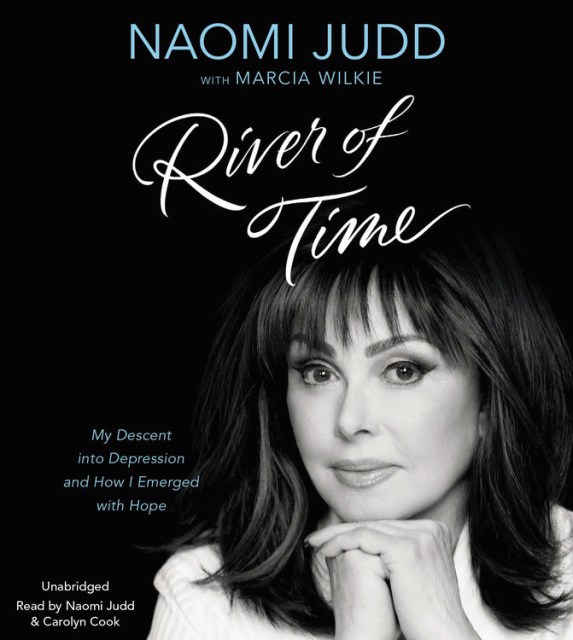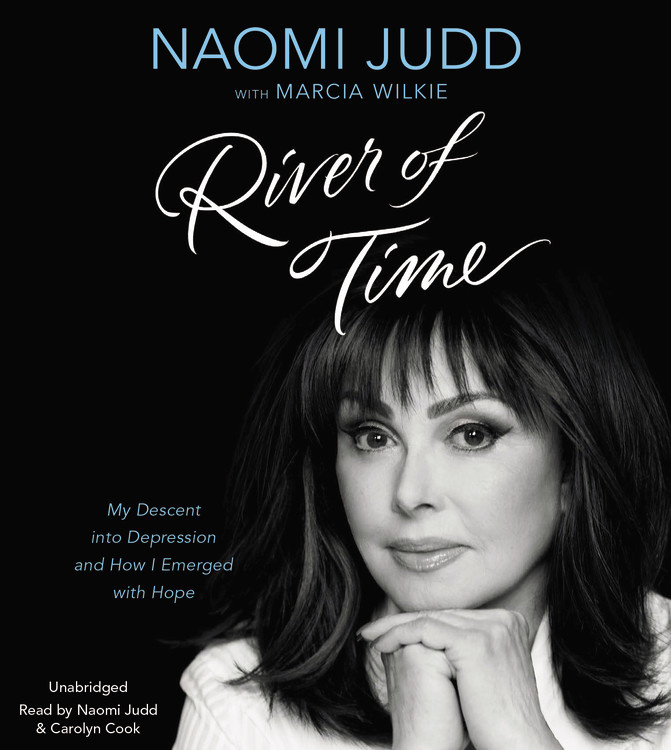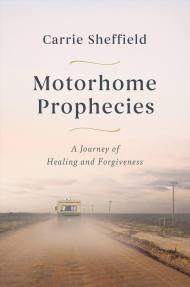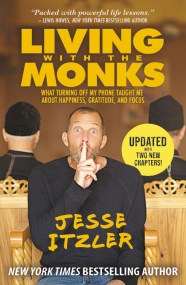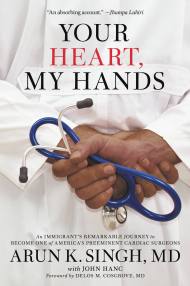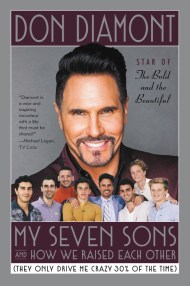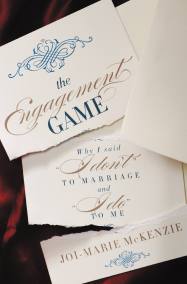By clicking “Accept,” you agree to the use of cookies and similar technologies on your device as set forth in our Cookie Policy and our Privacy Policy. Please note that certain cookies are essential for this website to function properly and do not require user consent to be deployed.
River of Time
My Descent into Depression and How I Emerged with Hope
Contributors
By Naomi Judd
With Marcia Wilkie
Read by Naomi Judd
Read by Carolyn Cook
Formats and Prices
- On Sale
- Dec 6, 2016
- Publisher
- Hachette Audio
- ISBN-13
- 9781478940456
Price
$27.99Format
Format:
- Audiobook Download (Unabridged) $27.99
- ebook $9.99 $12.99 CAD
- Trade Paperback $21.99 $28.99 CAD
This item is a preorder. Your payment method will be charged immediately, and the product is expected to ship on or around December 6, 2016. This date is subject to change due to shipping delays beyond our control.
Buy from Other Retailers:
Naomi Judd’s life as a country music superstar has been nonstop success. But offstage, she has battled incredible adversity. Struggling through a childhood of harsh family secrets, the death of a young sibling, and absent emotional support, Naomi found herself reluctantly married and an expectant mother at age seventeen. Four years later, she was a single mom of two, who survived being beaten and raped, and was abandoned without any financial support and nowhere to turn in Hollywood, CA. Naomi has always been a survivor: She put herself through nursing school to support her young daughters, then took a courageous chance by moving to Nashville to pursue their fantastic dream of careers in country music. Her leap of faith paid off, and Naomi and her daughter Wynonna became The Judds, soon ranking with country music’s biggest stars, selling more than 20 million records and winning six Grammys. At the height of the singing duo’s popularity, Naomi was given three years to live after being diagnosed with the previously incurable Hepatitis C. Miraculously, she overcame that too and was pronounced completely cured five years later. But Naomi was still to face her most desperate fight yet. After finishing a tour with Wynonna in 2011, she began a three-year battle with Severe Treatment Resistant Depression and anxiety. She suffered through frustrating and dangerous roller-coaster effects with antidepressants and other drugs, often terrifying therapies and, at her absolute lowest points, thoughts of suicide. But Naomi persevered once again. RIVER OF TIME is her poignant message of hope to anyone whose life has been scarred by trauma.
-
"I've known Naomi Judd for 25 years as a woman of indomitable strength and courage. Now she has been brave enough to write about her very personal struggle with severe depression and anxiety. RIVER OF TIME brings a message of hope to the millions of Americans who suffer from emotional illness. I recommend it."
- Andrew Weil, M.D.
-
"In our family, my mother has a well-earned reputation for being thoughtful and caring. Even as a small girl, I'm told, she remembered every relative's birthday when most kids know (and are concerned with!) only their own. This book is another iteration of her longing for connection and belonging. Our greatest need is to be known in our experience, to be witnessed and accepted as we are in this moment. In RIVER OF TIME she shares her journey through a harrowing tempest of treatment-resistant depression. Perhaps the details differ, but you may recognize yourself, or someone you love, in her battle. Depression is an epidemic in our country, a profound financial and emotional public health burden. The toll on us, the loved ones, must be addressed, too. As I watched Mom and Pop wade through the sucking mire of depression, I was deeply thankful that there was also help for us family members. May this book serve you in the way my brave mother hopes it may."Ashley Judd, humanitarian, writer, and actor
Newsletter Signup
By clicking ‘Sign Up,’ I acknowledge that I have read and agree to Hachette Book Group’s Privacy Policy and Terms of Use
